Learn more about: Exploring Indigenous Governance and Cultural Evolution in Oaxaca, Mexico
Political Science Now
FEBRUARY 13, 2025
Project Title:Exploring Indigenous Governance and Cultural Evolution in Oaxaca, Mexico Mauricio Fernndez Duque, Dartmouth College Mauricio Fernndez Duque is an assistant professor at CIDE and a visiting scholar at Dartmouth. Read about the funded projects.

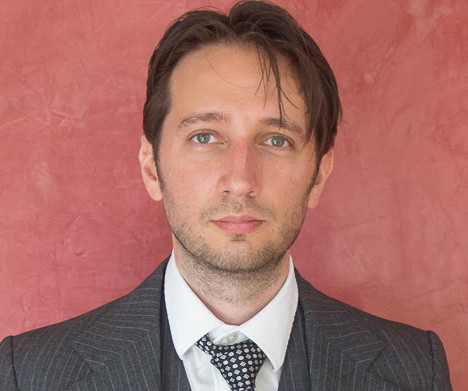
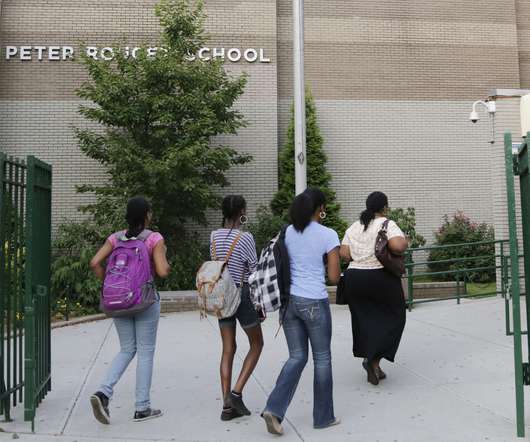
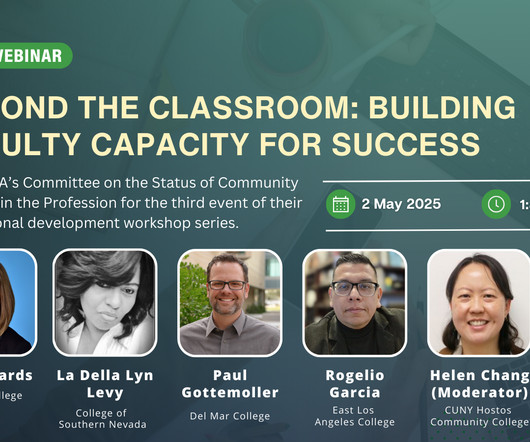




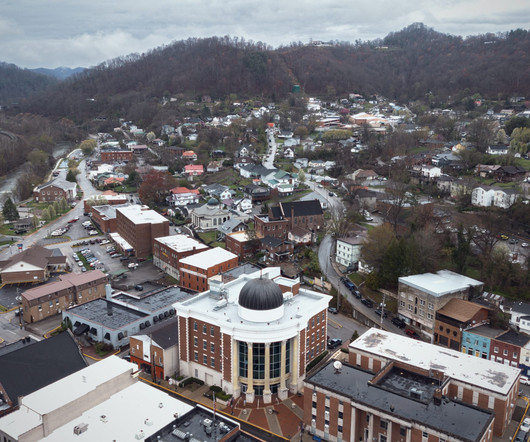
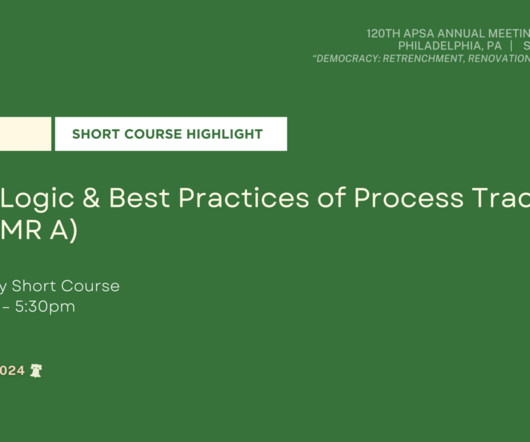



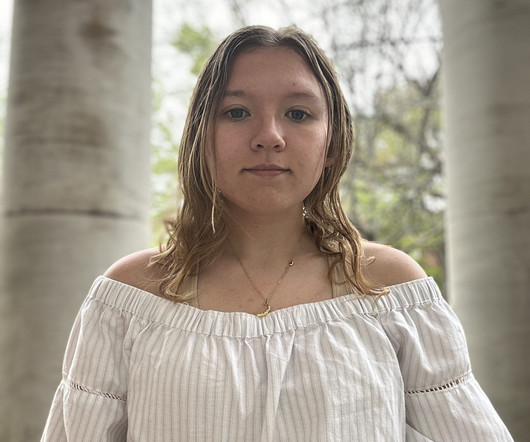
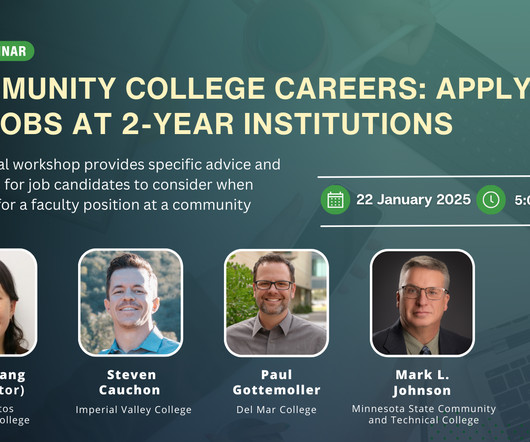








Let's personalize your content